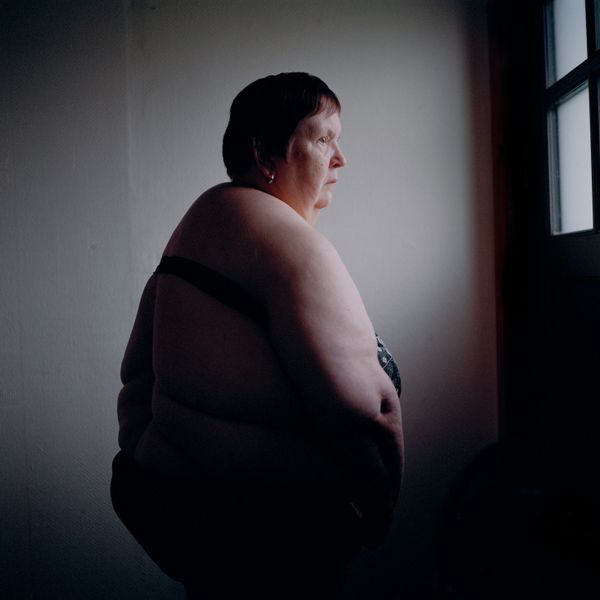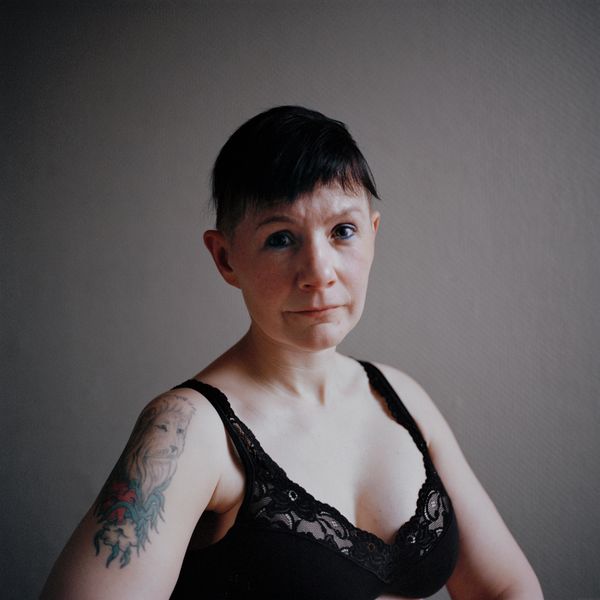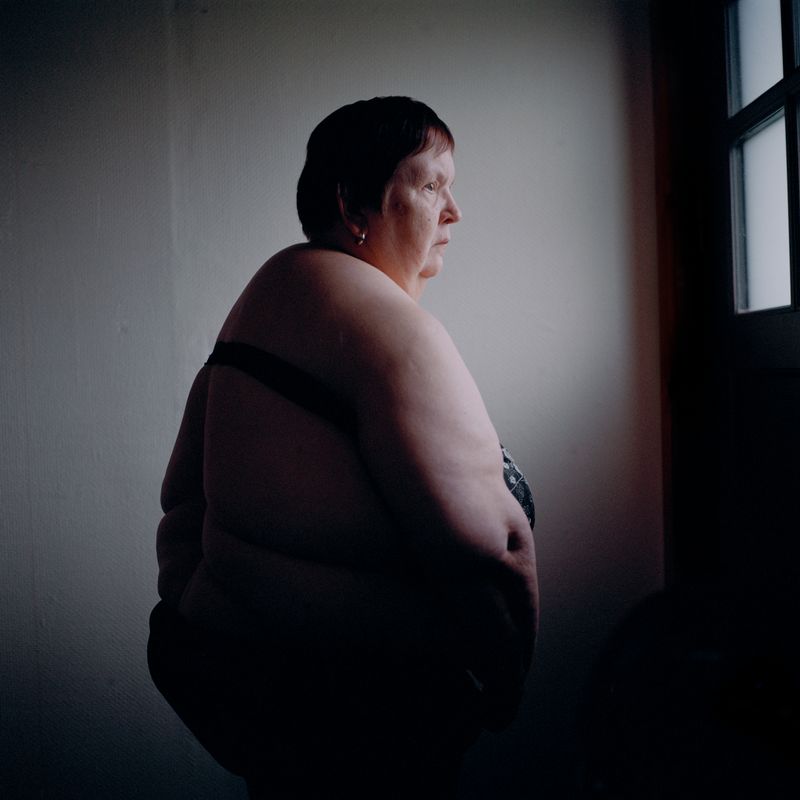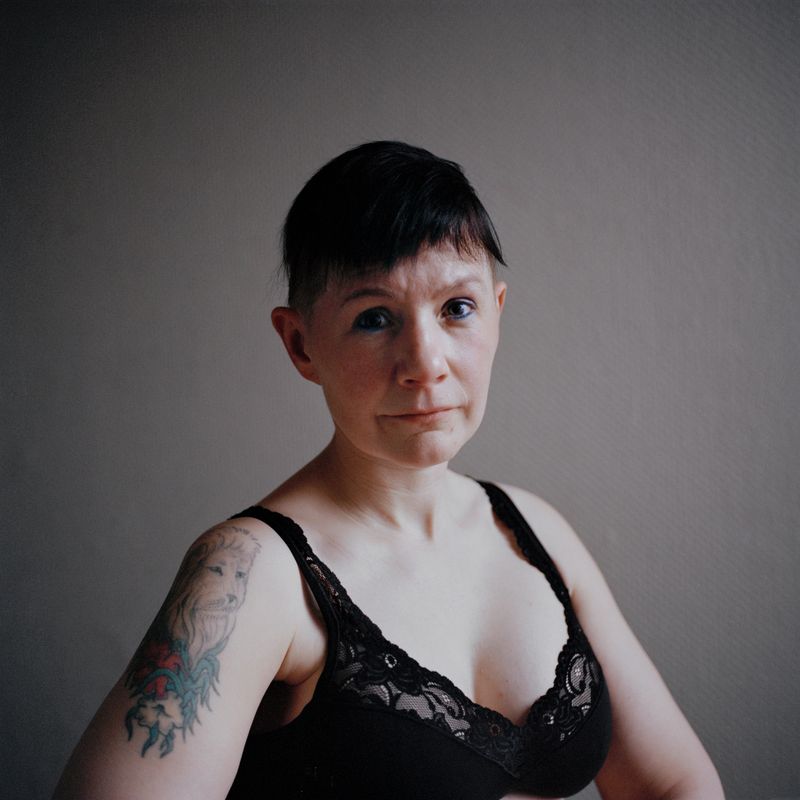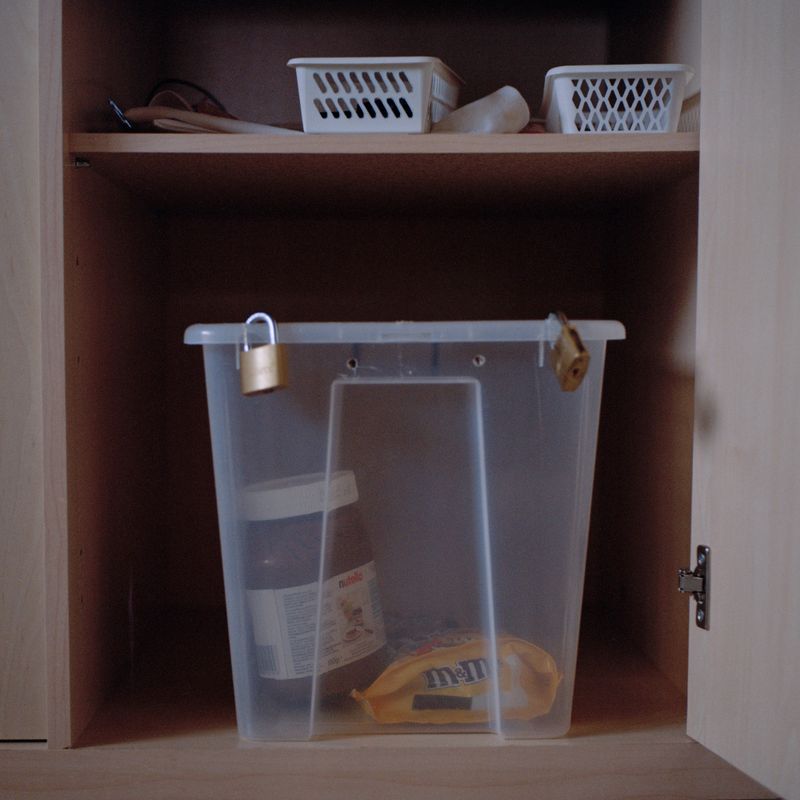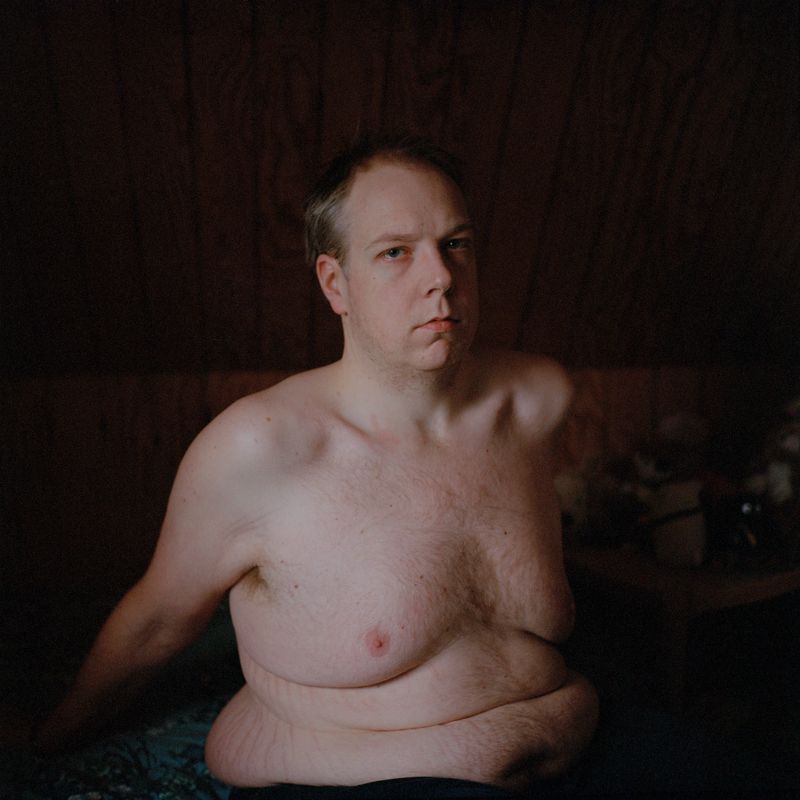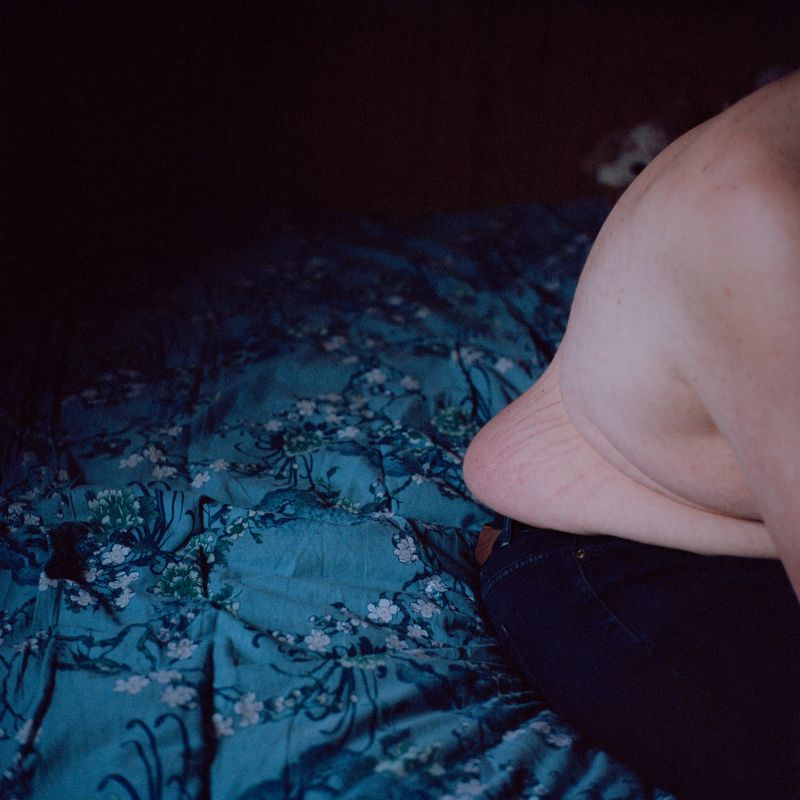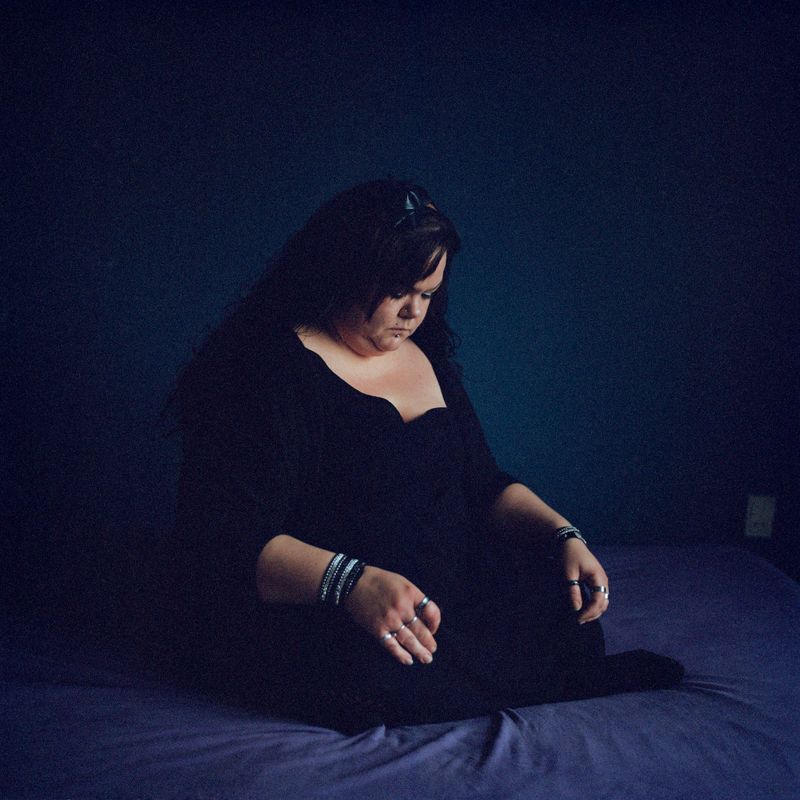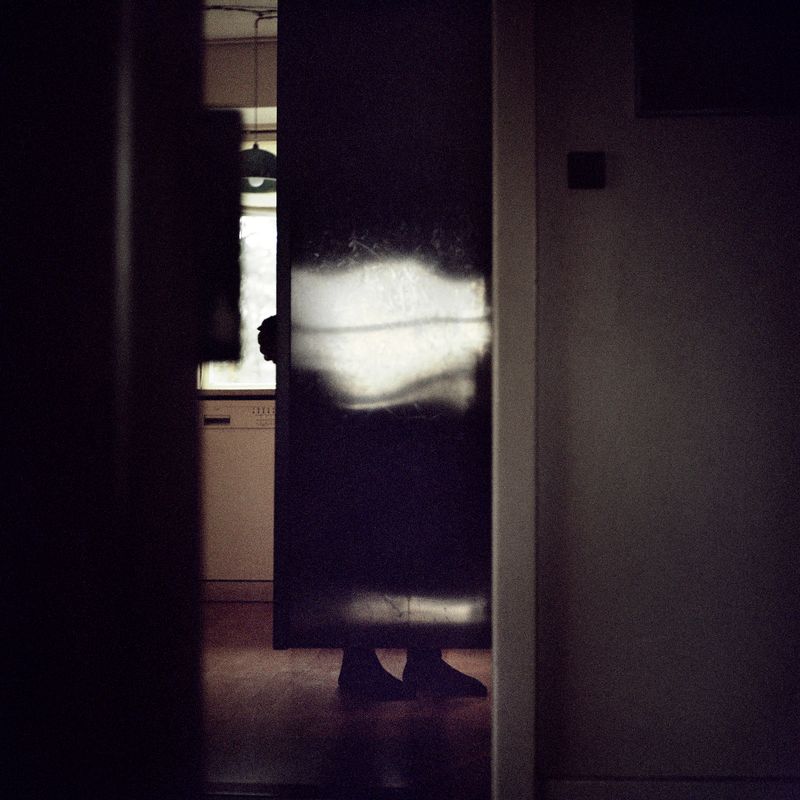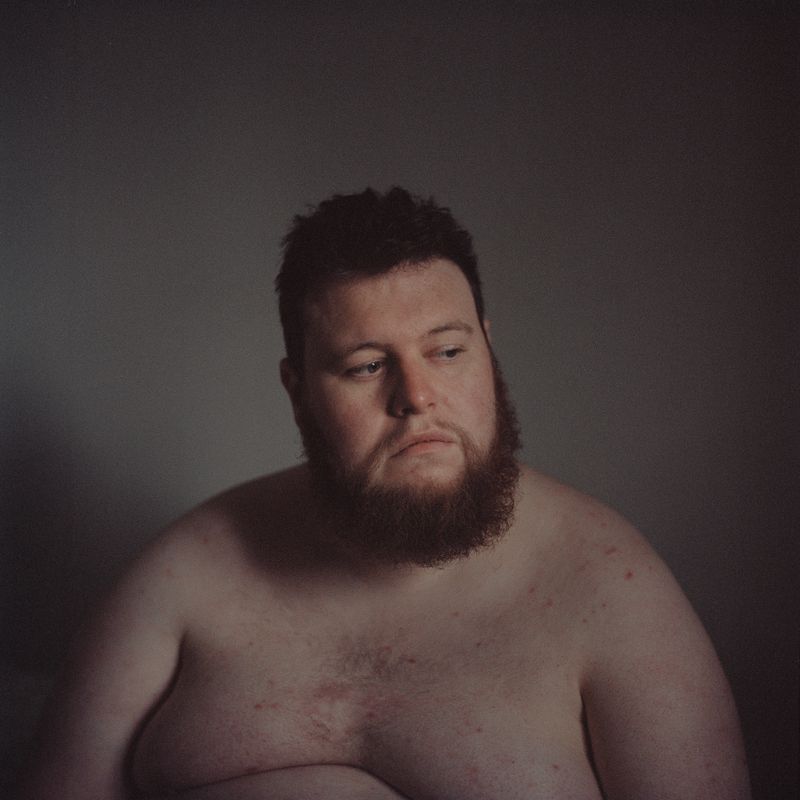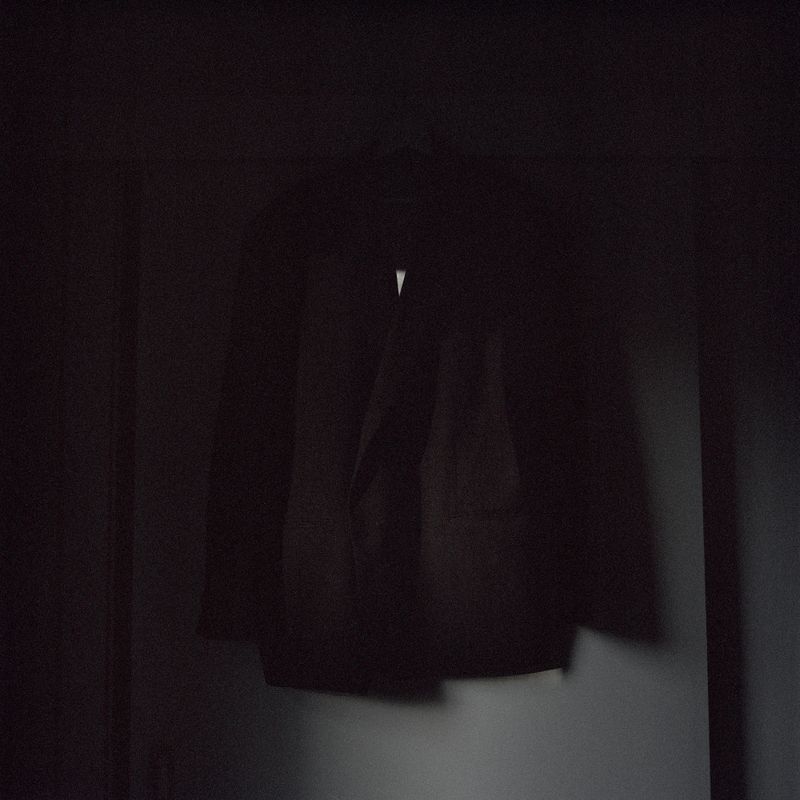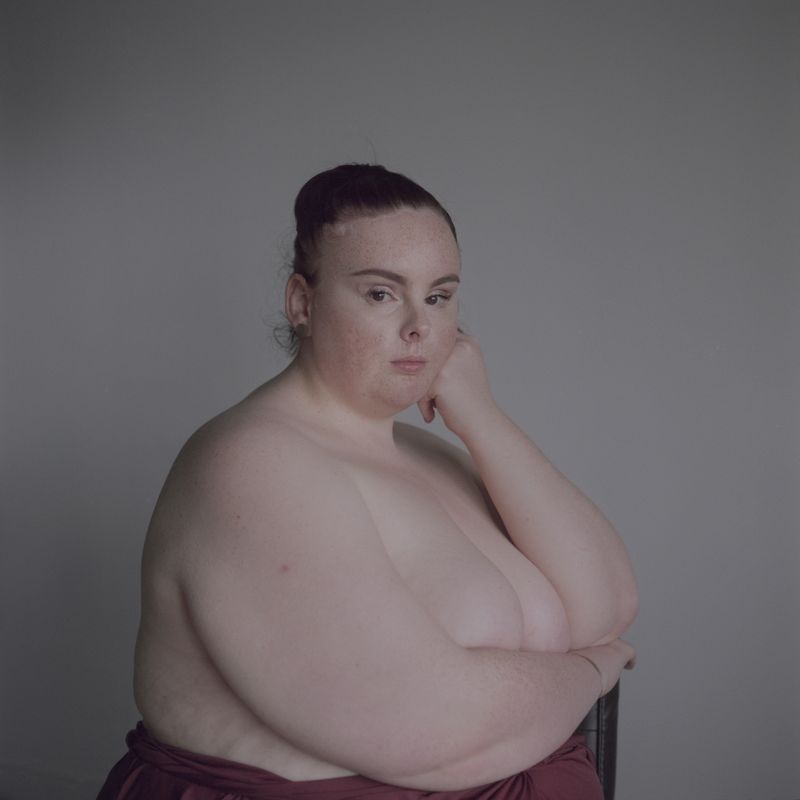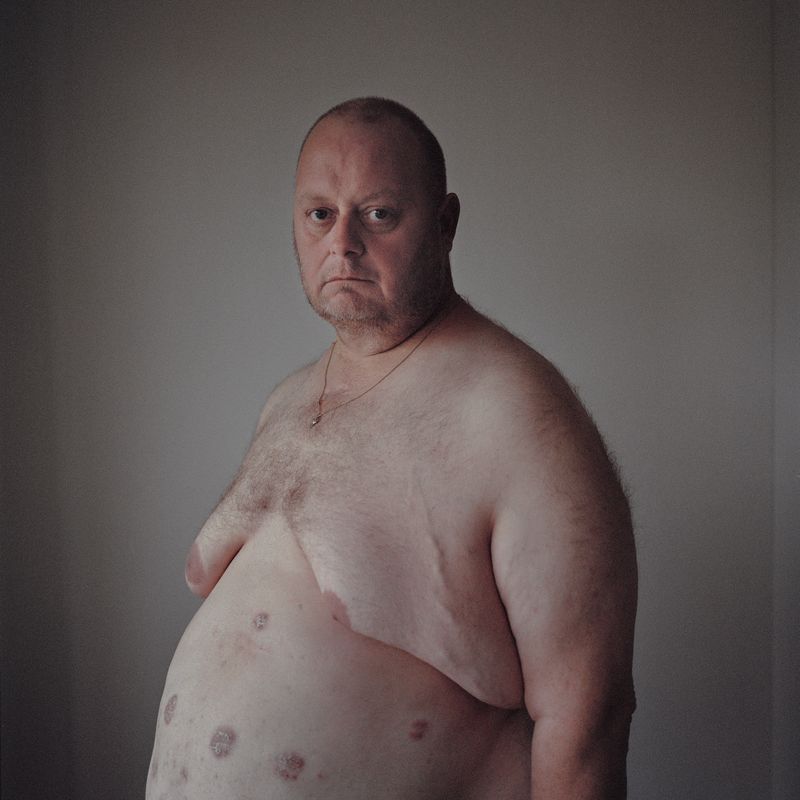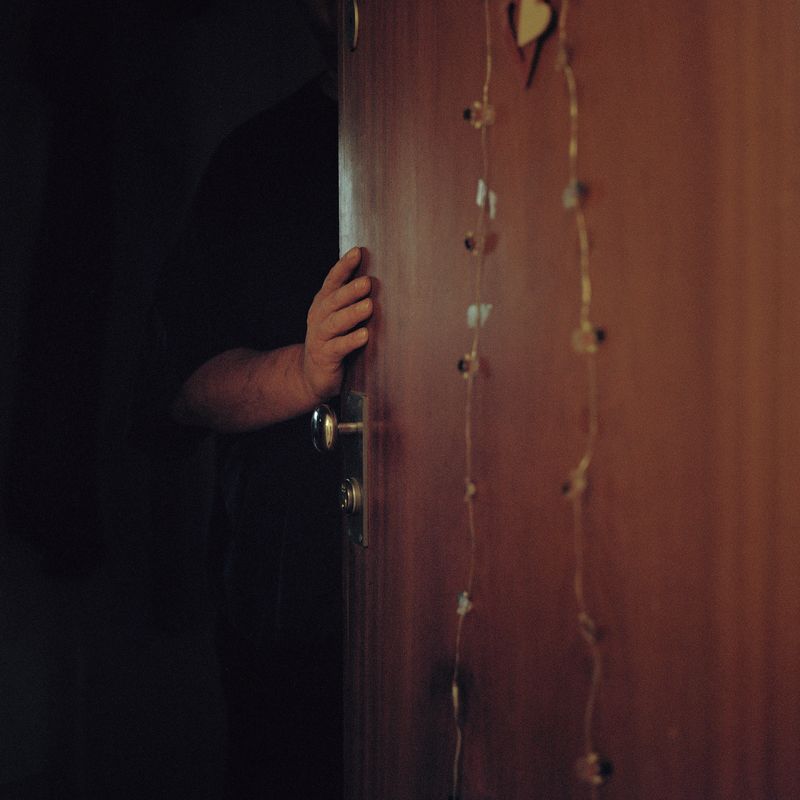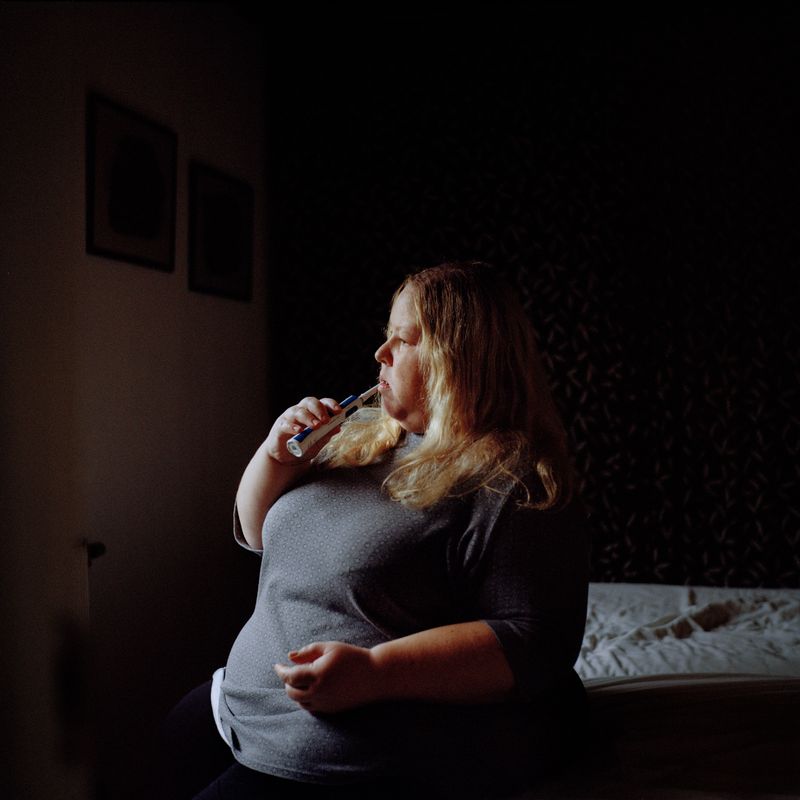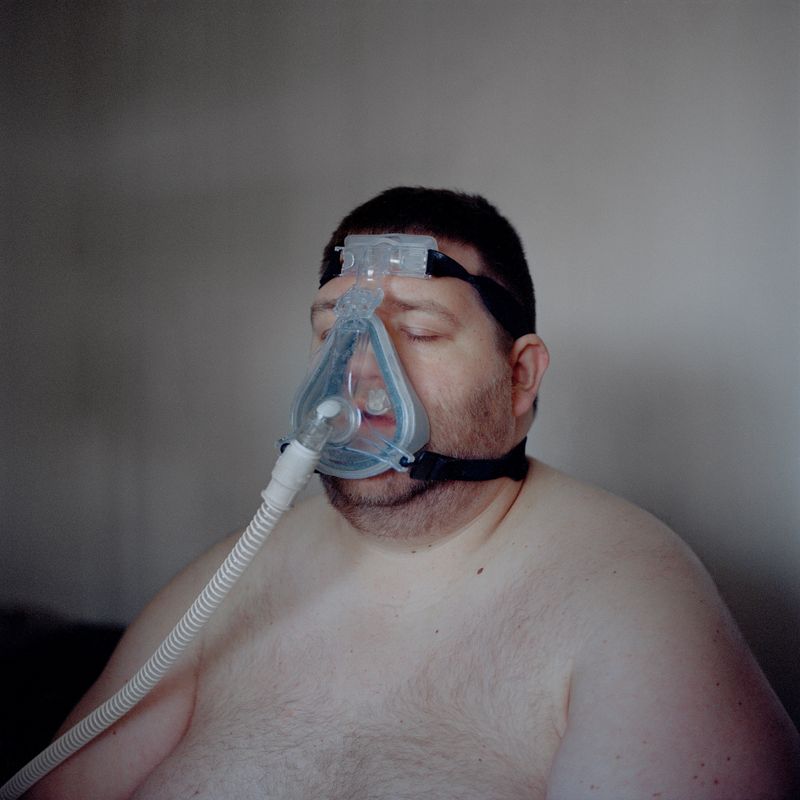BED
-
Dates2018 - Ongoing
-
Author
- Topics Portrait, Social Issues
- Locations The Hague, Denmark
BED is a portrait series about people who suffer from binge eating disorder. It is a severe, life-threatening disorder characterized by recurrent episodes of eating large quantities of food.
Binge eating disorder (BED) is the most widespread eating disorder in Denmark. It is a severe, life-threatening disorder characterized by recurrent episodes of eating large quantities of food. Going along is a feeling of loss of control during the binge and experiencing shame, distress or guilt afterwards.
Suffering from BED is closely related with bad self- esteem, often a difficult childhood, sometimes abuse and a life centered around weight loss. Few people know about the phenomena, but 40.000-50.000 Danes are suffering from it. Their lives are all about hiding what they consume. They have all tried every possible diet but every time it ends in failure. And for every pound lost there are more pounds gained. Obsessive thoughts about food are constantly there. All though BED is the most widespread eating disorder in Denmark, there are only very few opportunities to receive treatment.
